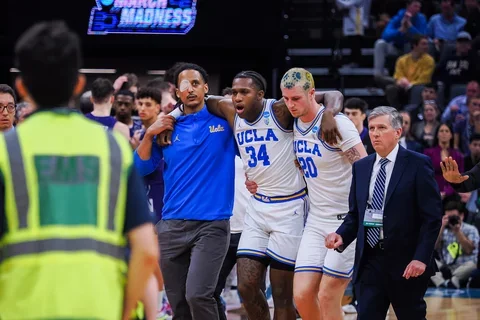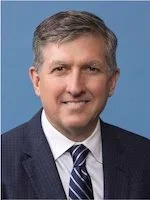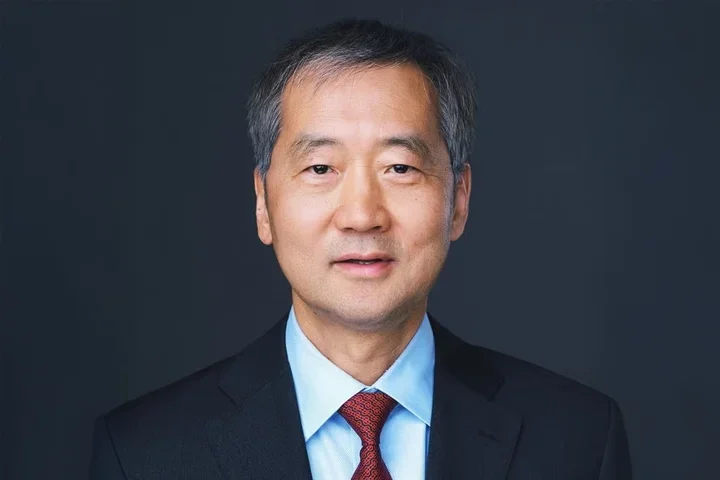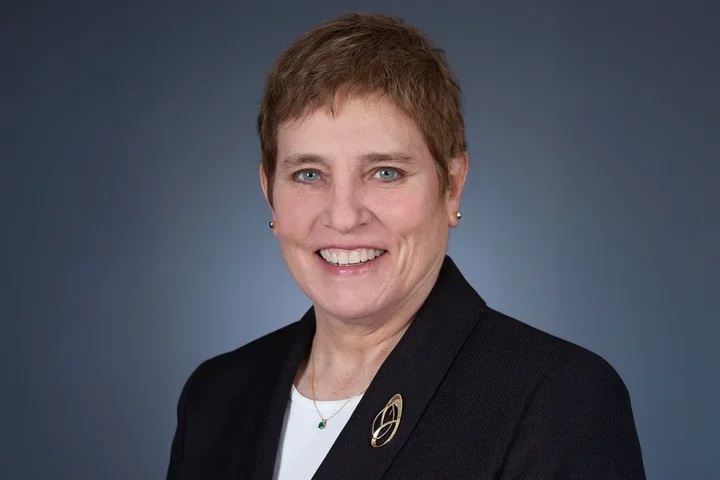Orthopedic Surgeon - Sports Medicine Career
Medical Expert Interview

Sports Medicine Careers
Sports medicine is an area of healthcare focused on athletes. A sports medicine practice covers myriad medical and physiological goals and concerns that can and do impact athletes.
Such an expansive goal demands a commensurate breadth of practitioners and professionals. That’s why the field of sports medicine encompasses a dynamic range of job types and career opportunities.
The article below explores orthopedic surgery. Additional sports medicine career roles include:
- Certified Athletic Trainer
- Physical Therapist
- Sports Neurologist
- Sports Cardiologist
- Sports Psychologist
- Sports Nutritionist / Registered Dietician
- Team Physician
Sports Medicine Career Overview
Meet David R. McAllister, MD, Orthopedic Surgeon at UCLA Health
David R. McAllister, MD leads sports medicine service at UCLA, runs the fellowship in sports medicine orthopedic surgery, and teaches orthopedic surgery at the David Geffen School of Medicine at UCLA.

Board certified in orthopedic surgery and orthopedic sports medicine, he treats a range of athletic injuries occurring in patients at all levels. Treating knee injuries—such as anterior cruciate ligament (ACL) tears—is one of his niche areas of expertise.
“It’s incredibly rewarding and satisfying to help an athlete recover from an injury and get back to performing at their highest level,” Dr. McAllister says.
And his athletic patients appreciate the progress they make when recovering under his care: Dr. McAllister regularly appears on lists of top doctors published by Los Angeles Magazine and U.S. News and World Report, among others.
What Does a Sports Orthopedic Surgeon Do?
General orthopedic surgeons (also called orthopedic doctors or orthopedists) are physicians specially trained to care for all aspects of the musculoskeletal system with an emphasis on surgical interventions.
A sports orthopedic surgeon does the same thing for a niche patient population of athletes—highly active people who put above-average pressure and strain on their musculoskeletal systems and often require more specialized orthopedic care.
Sports orthopedic surgeons help optimize their patients’ athletic performance and quality of life by treating pain and conditions linked to the muscles, bones, ligaments, tendons, and cartilage.
What conditions do sports orthopedic surgeons handle?
Sports orthopedic surgeons can help athletes with nearly any musculoskeletal concern. Issues they commonly care for include:
- Knee injuries including
- Sprains
- Fractures
- Tears, including anterior cruciate ligament (ACL) tears
- Joint dislocations
- Meniscus tears
- Ligament injuries
- Shoulder Injuries including
- Labral tears
- Dislocations
- Instability
- Rotator Cuff tears
How to Become a Sports Orthopedic Surgeon
It typically takes around 15 years to complete the education and training required to become a sports orthopedic surgeon:
- Earn a bachelor’s degree.
- Estimated time required: 4 years
- Earn a medical degree.
- Estimated time required: 4 years
- Complete a residency in orthopedic surgery.
- Estimated time required: 5 years
- Complete specialized fellowship training in orthopedic sports surgery.
- Estimated time required: 1 year
- Secure a license to practice by passing all steps of the United States Medical Licensing Examination (USMLE).
- Estimated time required: 1 - 6 months
Where can aspiring sports orthopedic surgeons find additional information about education, training, and certification?
- American Board of Orthopaedic Surgery (ABOS)
- American Orthopaedic Society for Sports Medicine (AOSSM)
- American Orthopaedic Association (AOA)
- Accreditation Council for Graduate Medical Education (ACGME)
Advice for Aspiring Sports Orthopedic Surgeons
Dr. McAllister’s extensive experience practicing sports orthopedic surgery and teaching orthopedics to both medical students and residents has left him with a strong sense of what characteristics make someone a promising candidate for a career in sports orthopedics.
An effective sports orthopedic surgeon will usually be a people person.
“You have to talk to so many people, not only your injured patient but also their coach, athletic trainer, and potentially their agent, manager, and team owner if you’re working with a professional team,” says Dr. McAllister. “A lot of people will want to talk to you about what’s going on with the athlete.”
A sports orthopedic surgeon’s responsibility to talk to so many different people and also concisely explain complex issues necessitates strong communication skills—the perfect complement to strong interpersonal skills.
Beyond that, Dr. McAllister says the all-important thing an aspiring sports orthopedic surgeon should possess is a true passion for the work.
“You’ll want to make sure this career path is truly a good fit for you and also what you’re looking for in life,” he explains. “The training takes a great deal of time, expense, and patience. Make sure you truly love this field before you commit to it.”
Quick Facts: Sports Orthopedic Surgeons
What are the core job responsibilities of a sports orthopedic surgeon?
- Treating injuries and pain linked to athletes’ musculoskeletal systems (muscles, bones, ligaments, tendons, and cartilage).
- Communicating with patients and interested parties about progress and managing recovery expectations.
- Leveraging musculoskeletal expertise to optimize patients’ athletic performance and quality of life.
Where can a sports orthopedic surgeon find employment?
Sports orthopedic surgeons may find employment opportunities in a variety of different settings, including:
- Professional athletic teams and organizations
- Olympic teams and organizations
- School athletic teams of all levels
- Academic medical centers and other research institutions
- Sports rehabilitation centers
- Sports medicine clinics
- Healthcare facilities (clinics, hospitals, and private practices)
- Medical device developers
How much does a sports orthopedic surgeon make?
- Estimated annual salary range: $200,000 to $600,000
Orthopedic surgeons practicing in the United States make around $200,000 to $600,000 annually. Earning potential varies widely depending on the orthopedist’s location and industry of work, education, and specializations.



